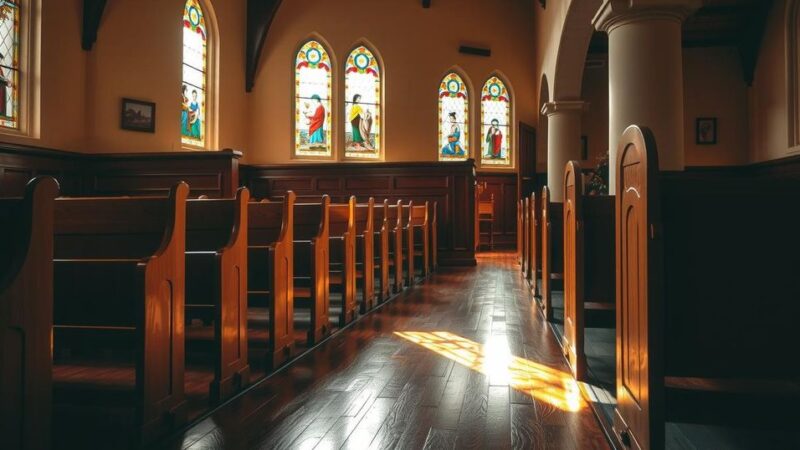Brazil has made notable progress in fighting climate change, achieving a 50 percent reduction in Amazon deforestation since Lula da Silva’s reelection. The Tropical Forest Finance Facility (TFFF) aims to pay developing countries for maintaining their forests, with an investment fund of $125 billion designed to provide long-term loans. This initiative seeks to enhance the global approach to forest conservation significantly, providing financial resources previously inaccessible to developing nations.
Brazil has emerged as a significant player in the global fight against climate change, particularly through its initiatives aimed at reducing deforestation in the Amazon rainforest. Following President Lula da Silva’s reelection, there has been a remarkable 50 percent decline in deforestation rates within the first ten months of his administration. A pivotal part of this strategy is the Tropical Forest Finance Facility (TFFF), which proposes a novel investment approach to incentivize developing countries to preserve their forests. The TFFF is designed to compensate countries for the invaluable ecosystem services provided by tropical forests, including water management, biodiversity conservation, soil protection, nutrient cycling, and carbon sequestration. This initiative, collaboratively developed with the UN, is expected to be finalized by the end of the year, especially as Brazil prepares to host the UN climate summit in 2025. Central to this program is a proposed investment fund worth $125 billion, alternative to the previous reliance on donations from wealthier nations. Instead, it seeks long-term loans from affluent governments, philanthropic organizations, and private investors for a fixed return over two decades. This innovative financial structure aims to support approximately 70 developing countries, paying an estimated $1.60 per acre annually for maintaining standing forests while enforcing penalties for deforestation. The fund’s mechanism entails satellite monitoring to verify compliance, ensuring transparency and accountability. Overall, the TFFF represents a transformative shift in how financial resources are allocated for environmental protection, offering developing nations access to relatively cheap capital that has historically been available predominantly to wealthier nations.
The urgency of addressing climate change has never been more pressing, with deforestation contributing significantly to carbon emissions. The UN reports that around 25 million acres of tropical forests are lost each year, exacerbating the already dire climate crisis. Recognizing the crucial role that tropical forests play in sequestering carbon and providing essential ecological services, Brazil is now at the forefront of international efforts to combat deforestation and promote sustainable development. The introduction of the Tropical Forest Finance Facility presents a groundbreaking financial strategy aimed at incentivizing forest conservation in developing nations, marking a potential turning point in environmental policy.
In conclusion, Brazil’s initiative through the Tropical Forest Finance Facility sets a new benchmark for addressing deforestation and climate change on a global scale. By offering financial incentives for forest preservation, it not only helps combat climate change but also fosters a sustainable economic model for developing countries. This innovative approach, supported by both wealthy and developing nations, holds promise for the future of tropical forest conservation and affirms Brazil’s leadership in environmental action.
Original Source: www.independent.com






